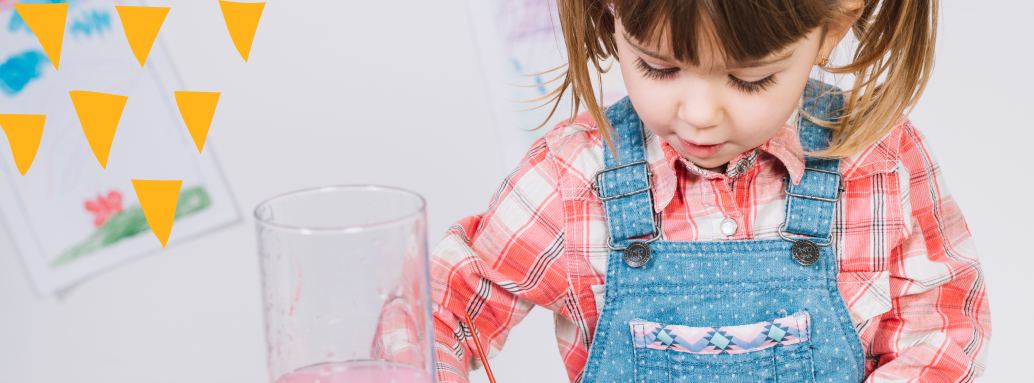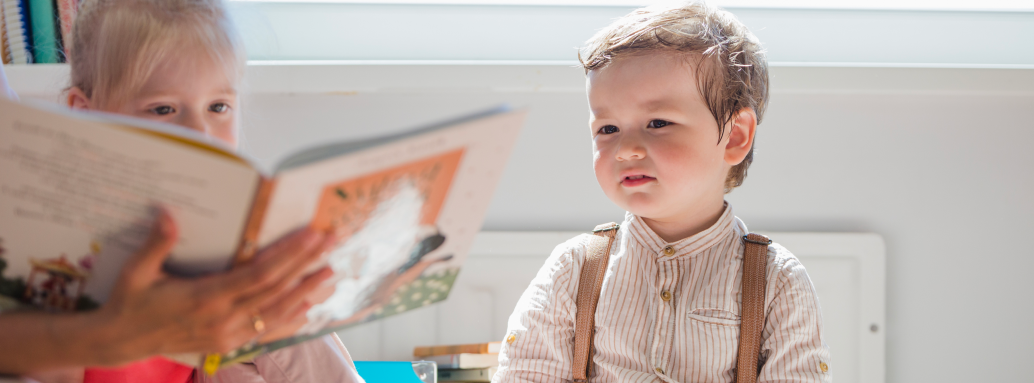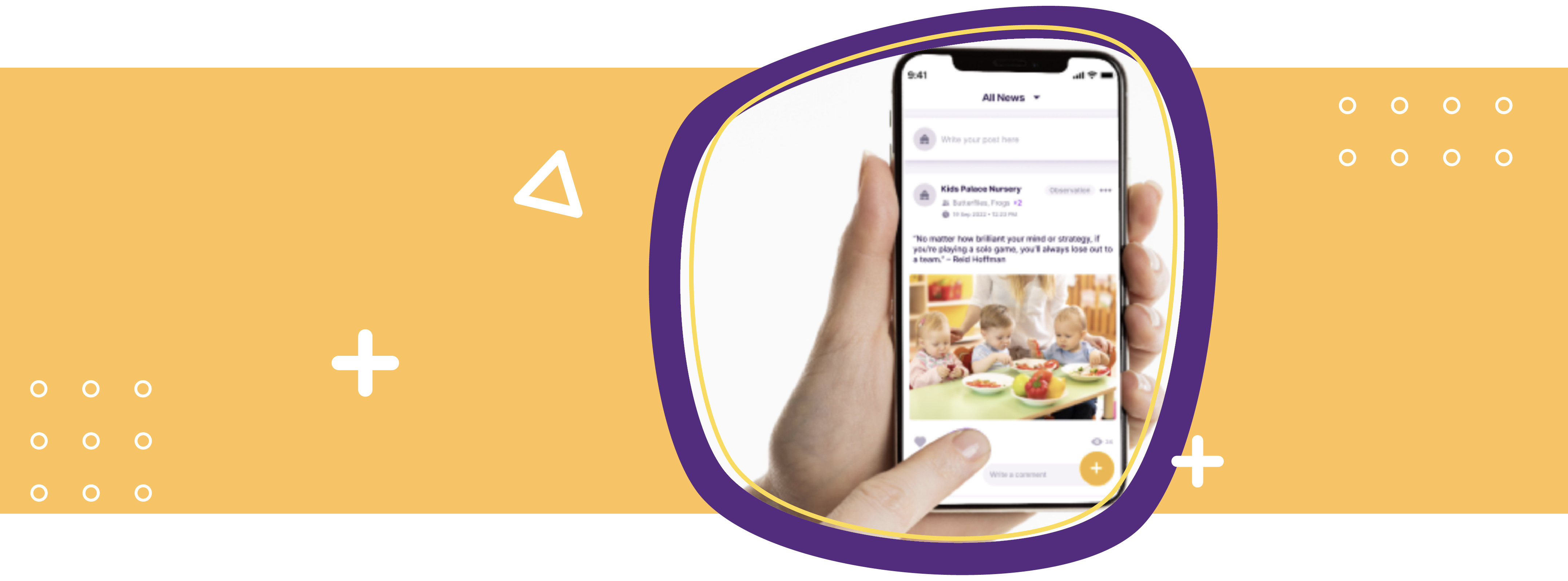Empowering childcare centres with tools to simplify operations and enhance outcomes
Automate payments, manage subsidies, and ensure financial accuracy with ease.
Effortless communication between families and educators for instant updates, messages, collaboration, and conversations.
Track, document, and celebrate every milestone in a child’s journey.
Simplify enrolment, manage waitlists, and track attendance effortlessly.
Streamline scheduling, performance tracking, and team communication.
Keep families informed with real-time updates and daily reports.
Discover how Parent can transform your childcare centre’s operations
Access a variety of tools, guides, and insights to help you get the most out of Parent
Stay updated with industry trends, expert advice, and childcare management tips.
See how childcare centers like yours achieved success with Parent.
Find quick answers to the most common questions about Parent's features and services.
Join live sessions or watch on-demand webinars for in-depth guidance and tips.
Get step-by-step support with articles, guides, and troubleshooting resources.


The word “tantrum” has become synonymous with out-of-control toddlers and describes children displaying short bursts of angry behavior according to the Oxford Dictionary. It is obvious that the word has become a very powerful tool in the English language to describe a toddler not being able to control their emotions.
How do you as an adult control your emotions? Are you displaying socially acceptable behavior when you are not able to handle your fears, a new environment, or people not understanding your needs?
Dr. Mine Conkbayir and Penny Tassoni both campaigns for the early years sector to stop using the word "tantrum" and to rather show understanding and offer support to the child to cope with the big emotions. Dr. Mine Conkbayir prefers using the word “dysregulation” and Penny Tassoni prefers the word “overwhelmed”.
As human beings, we think or perceive the environment, feel it, and then react. If we think or perceive that we are not being listened to, or we feel insecure or unsure we react from the reaction center in our brain, and not from the logic center in our brain. The brain uses sensory input to judge if we need to react with fear, anxiety, or happiness in a situation.
The Education Endowment Foundation states that "the development of self-regulation and executive function is consistently linked with successful learning, including pre-reading skills, early mathematics, and problem solving".
Therefore, we need to not only aim to do a better job at understanding self-regulation, but we need to look at the role practitioners and parents play in teaching children how to react when they are feeling overwhelmed.
Often young children will struggle with self-regulation because of frustration and not only because of feeling overwhelmed. Practitioners and parents often over-help children and do not allow children to fail or learn from their mistakes. When faced with a challenge during an activity their inability to problem solve often triggers a feeling of being overwhelmed.
Self-regulation is now part of the new EYFS and the learning goals. The new goals define self-regulation as children being able to "show an understanding of their feelings and those of others", "being able to wait", "control their immediate impulses", "give focused attention to what the teacher says" and "follow instructions".
These learning goals take time to develop, it does not happen overnight, and developing self-regulation and progress can be hard to observe. Often, we only observe the negative behaviors the times when children are feeling overwhelmed, and we miss the opportunity to observe the small gains they make. Behavior is often a direct reflection of the environment. If the environment is stressed and rigid the child will be stressed and rigid, if the environment is supportive and relaxed the child will be relaxed. Interaction and the environment are another important aspect.
Communication is a science based on interaction.
Let us leave the pedagogy for a moment and look at the communication process.
Communication is a complex process of sending and receiving messages. Communication does not consist of only the words we use, communication includes body language, posture, gestures, and avoidance techniques such as not making eye contact and turning away from the sender of a message.
We often hear practitioners and parents telling toddlers to be “good” and when they do not behave the way adults expect them to behave, they are “bad”- or they are having a “tantrum.”
Toddlers are egocentric and unable to see things from another perspective as researchers have proven over the years, not because they deliberately want to be "bad" but because they are still on that learning journey.
If we look at it from a communication perspective this will most definitely result in the messenger feeling frustrated, knowing, and observing that the message is not reaching the receiver effectively. The result will not only be a communication breakdown but very often a feeling of frustration and a change in attitude, moving from an open style of communication to a very closed communication style – my way or no way!
Responding to a child having trouble coping with emotions moves from the communication process to a dictation process. A process where the needs of the child are not met or even considered.
The new EYFS draws our attention to the importance of developing language and communication skills to support children to reach their early learning goals, extending children's vocabulary, and shaping the learning around promoting communication. Interaction between children and adults is highlighted and the word accurate was removed from the early learning goals.
Language is one of the strongest indicators of academic success later. The relationship between language communication and children's ability to self-regulate their actions by being able to use communication skills to express their feelings is further emphasized in the Development Matters 2021 version.
If adults in their interaction with young children use negative words like "tantrum" they are communicating to children that their attempts to communicate their feelings are just not good enough. Each child's attempt at communication should be respected by the adults, even their worst attempts should not be labeled as "bad". Communication or our attempts to communicate always have a purpose. Interactions should allow for plenty of time to serve or send and return a message in a supportive environment.
The use of negative words not only puts an end to the interaction but affects children's self-esteem and cognitive development.
Growing up feeling that expressing my feelings is just not good enough, expecting a type of rejection every time, or worse being labeled is not teaching children self-regulation. Instead, it discourages the communication process and discourages the child to explore ways of expressing feelings and interacting with adults.
Interaction is the foundation of building strong relationships, where communication must be a process of serving and returning no matter how “good” or “bad” the attempt.
Being able to express feelings when feeling overwhelmed is the first step towards supporting children to develop self-regulation, labelling the process of learning how to express feelings of frustration as a “tantrum” is surely not going to teach a child self-regulation.
How will you react the next time your child is feeling overwhelmed? Do you have the skills to self-regulate? Knowing the answer to these questions will surely help you understand and offer support to children to cope with their emotions and teach them self-regulation.


